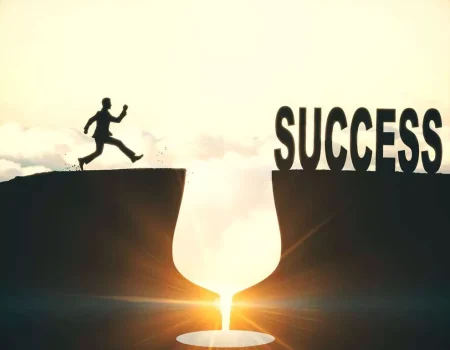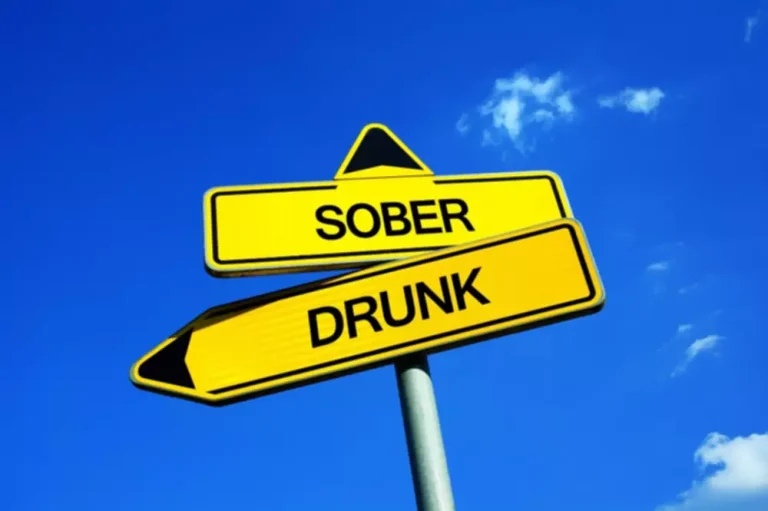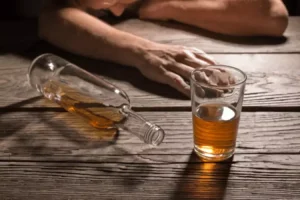10 nov Understanding Relapse and The Risks

It can also be assuring to know that most people have the same problems and need to make similar changes. In the second stage of recovery, the main task is to repair the damage caused by https://ecosoberhouse.com/ addiction [2]. Clinical experience has shown that this stage usually lasts 2 to 3 years. Remember that changing long-standing patterns is hard, takes time, and requires repeated efforts.

Rule 1: Change Your Life
- Studies show that strong family support through family therapy increases the chances of maintaining abstinence (not drinking) compared with people going to individual counseling.
- Your provider may also be able to suggest an online self-guided program.
- Additionally, medications are used to help people detoxify from drugs, although detoxification is not the same as treatment and is not sufficient to help a person recover.
- The belief is that recovery requires some special strength or willpower that the individual does not possess.
- In some people, the initial reaction may feel like an increase in energy.
With a relapse, you fully go back into old patterns of out-of-control drinking, which can require going back into treatment and other steps to get back to sobriety. Some clinicians will divide this stage of relapse into a lapse and then the actual relapse. A relapse is a return to using alcohol in a way that’s out of control. How honest should a person be without jeopardizing his or her work or relationships? Clients are encouraged to understand the concept of a recovery circle.
Renewal Center for Ongoing Recovery
Getting through the holidays while maintaining recovery, especially for people newer to this life-changing process, is an accomplishment worthy of celebration in its own right. Addictive behaviors create a difficult-to-break cycle of shame that creates further shame unless explored in a way that allows learning to take place. One way of ensuring recovery from addiction is to remember the acronym DEADS, shorthand for an array of skills to deploy when faced with a difficult situation—delay, escape, avoid, distract, and substitute.
Medical Professionals
- Research shows a strong link between ACEs and opioid drug abuse as well as alcoholism.
- This stage typically starts 3–5 years after you’ve stopped drinking.
- This article introduces a number of AUD topics that link to other Core articles for more detail.
Common mental health conditions that co-occur with AUD are depressive disorders, anxiety disorders, trauma- and stress-related disorders, other substance use disorders, and sleep disorders. Studies show that people who have AUD are more likely to suffer from major depression or anxiety over their lifetime. When addressing drinking problems, it’s important to also seek treatment for any accompanying medical and mental health issues. Addiction is a brain disease and, as such, may involve disruptions to certain brain circuits and neural processes as a result of chronic drinking and/or drug use. Pathways involved in how a person feels pleasure and processes rewards, memory, and decision-making can be altered through substance abuse. With repeated use, alterations in brain chemistry and functioning can result in the development of substance dependence.
You may begin sleeping late, ignoring personal hygiene, or skipping meals. Therapy combined with an AUD program tends to lead to a high recovery success rate. During this period, you can expect to develop new skills you may have never learned that made you more susceptible to AUD in the first place.

Relapse Is Not a Failure
Different types of treatment programs offer various levels of care to meet you where you are in your recovery process. The sooner you take steps to intervene following a relapse, the easier it is to get back on track. However, it is never too late to recover from a relapse, so don’t be discouraged if you think you’ve gone too far back into your addiction. It is not uncommon to need professional help to stop using after a relapse; many people Alcohol Relapse benefit from the added support of an addiction treatment program a second and even third time (or more, in some cases). What is most often considered a “traditional” relapse occurs when someone makes a conscious decision to drink or use drugs. For example, they may choose to smoke marijuana to relieve stress after a year of sobriety or have a glass of wine with friends because they feel like they can manage it without going overboard.
Careers – Join Our Team
But their emotions and behaviors are setting them up for relapse down the road. Because clients are not consciously thinking about using during this stage, denial is a big part of emotional relapse. Three medications are currently approved in the United States to help people stop or reduce their drinking and prevent a return to drinking. These medications are prescribed by a primary care provider or other health care provider and may be used alone or in combination with counseling.

Stage 3: Physical Relapse
Individuals may be bargaining with themselves about when to use, imagining that they can do so in a controlled way. Coping skills can keep thoughts from escalating into substance use. In the absence of an emergency plan for just such situations, or a new life with routines to jump into, or a strong social network to call upon, or enhanced coping skills, use looms as attractive. Alternatively, a person might encounter some life difficulties that make memories of drug use particularly alluring. If your pattern of drinking results in repeated significant distress and problems functioning in your daily life, you likely have alcohol use disorder.
The Stages of Recovery
However, it’s important to keep in mind that many people with substance use disorders are exceptionally good at hiding their use from those around them. What is more, negative feelings can create a negative mindset that erodes resolve and motivation for change and casts the challenge of recovery as overwhelming, inducing hopelessness. A relapse or even a lapse might be interpreted as proof that a person doesn’t have what it takes to leave addiction behind. Such feelings sabotage recovery in other ways as well—negative feelings are disquieting and are often what drive people to seek relief or escape in substances to begin with. In addition, feelings of guilt and shame are isolating and discourage people from getting the support that that could be of critical help. Typically, those recovering from addiction are filled with feelings of guilt and shame, two powerful negative emotions.

What to Do Right After a Relapse
Therefore, they feel it is defensible or necessary to escape their negative feelings. The cognitive challenge is to indicate that negative feelings are not signs of failure, but a normal part of life and opportunities for growth. Helping clients feel comfortable with being uncomfortable can reduce their need to escape into addiction.

